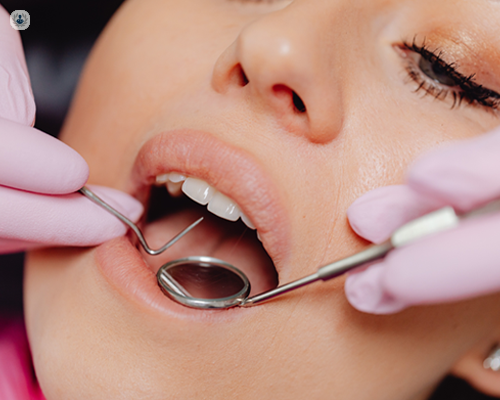When a wisdom tooth doesn't have enough space to emerge properly, it may become trapped under the gums or against other teeth—a condition known as impaction. In such cases, wisdom tooth extraction for impacted teeth becomes necessary to prevent pain, infection, and long-term dental complications. Impacted wisdom teeth are a common issue, typically arising in late teens or early adulthood. If left untreated, they can cause crowding, decay, and even damage to adjacent teeth, making timely Wisdom Tooth Extraction the best course of action.
What Are Impacted Wisdom Teeth?
Impacted wisdom teeth occur when the third molars fail to erupt fully due to lack of space in the jaw or improper alignment. These teeth can remain completely hidden beneath the gums (fully impacted) or partially emerge (partially impacted). Key characteristics of impacted wisdom teeth include:
- Swollen, red, or bleeding gums
- Jaw pain or swelling
- Bad breath or unpleasant taste in the mouth
- Difficulty opening your mouth
- Shifting of surrounding teeth
Dentists typically confirm impaction using X-rays, which show how the tooth is positioned in the jaw and whether it's pressing against nerves or other teeth.
Why Extraction Is Necessary?
Opting for wisdom tooth extraction for impacted teeth is often essential to avoid serious dental health risks. Impacted wisdom teeth can cause:
- Infections, due to trapped bacteria and food particles
- Cysts or tumors, which can damage the jawbone and nearby teeth
- Tooth crowding, undoing years of orthodontic work
- Tooth decay, especially when partially erupted and hard to clean
- Gum disease, leading to bone loss and inflammation
Early removal is generally advised to minimize complications, especially if the tooth has already started causing discomfort.
The Extraction Procedure:
The process of removing an impacted wisdom tooth is more complex than a regular extraction and typically requires oral surgery. Here's what patients can expect:
- Initial consultation and X-rays to assess the tooth’s position
- Sedation or anesthesia options based on the difficulty of extraction and patient preference
- Surgical incision in the gum tissue to access the impacted tooth
- Tooth sectioning into smaller pieces for easier removal
- Stitches to close the wound and encourage proper healing
The procedure is performed in-office, and patients are usually monitored during recovery before being sent home with aftercare instructions.
Recovery and Aftercare Tips:
Recovering from Wisdom Tooth Extraction Treatment for impacted teeth requires careful attention to aftercare to ensure proper healing and prevent complications. Key recovery tips include:
- Resting for at least 48–72 hours, avoiding strenuous activity
- Applying ice packs to reduce swelling and bruising
- Taking prescribed pain relievers and antibiotics as directed
- Eating soft foods like yogurt, applesauce, mashed potatoes, and soup
- Avoiding smoking, alcohol, and straws, which can dislodge the blood clot
- Gently rinsing with warm salt water after the first 24 hours
Following these steps can significantly reduce discomfort and speed up healing.
Risks and Possible Complications:
Like any surgical procedure, wisdom tooth extraction for impacted teeth carries some risks, though most are minor when managed properly. Potential complications include:
- Dry socket, where the blood clot dislodges prematurely
- Infection, especially if proper oral hygiene isn't maintained
- Nerve damage, which can cause temporary numbness or tingling
- Prolonged swelling or bruising
- Jaw stiffness or soreness
These risks are typically minimized by choosing a skilled oral surgeon and closely following post-operative care instructions.
When to See a Specialist?
If you’re experiencing symptoms of impaction—such as jaw pain, gum inflammation, or crowding—it’s time to consult your dentist or oral surgeon. They can evaluate whether wisdom tooth extraction for impacted teeth is needed and create a personalized treatment plan. Addressing the issue early can help prevent severe complications and reduce the complexity of surgery. Remember, impacted teeth won't resolve on their own, and early intervention is often the most effective way to protect your long-term oral health.

